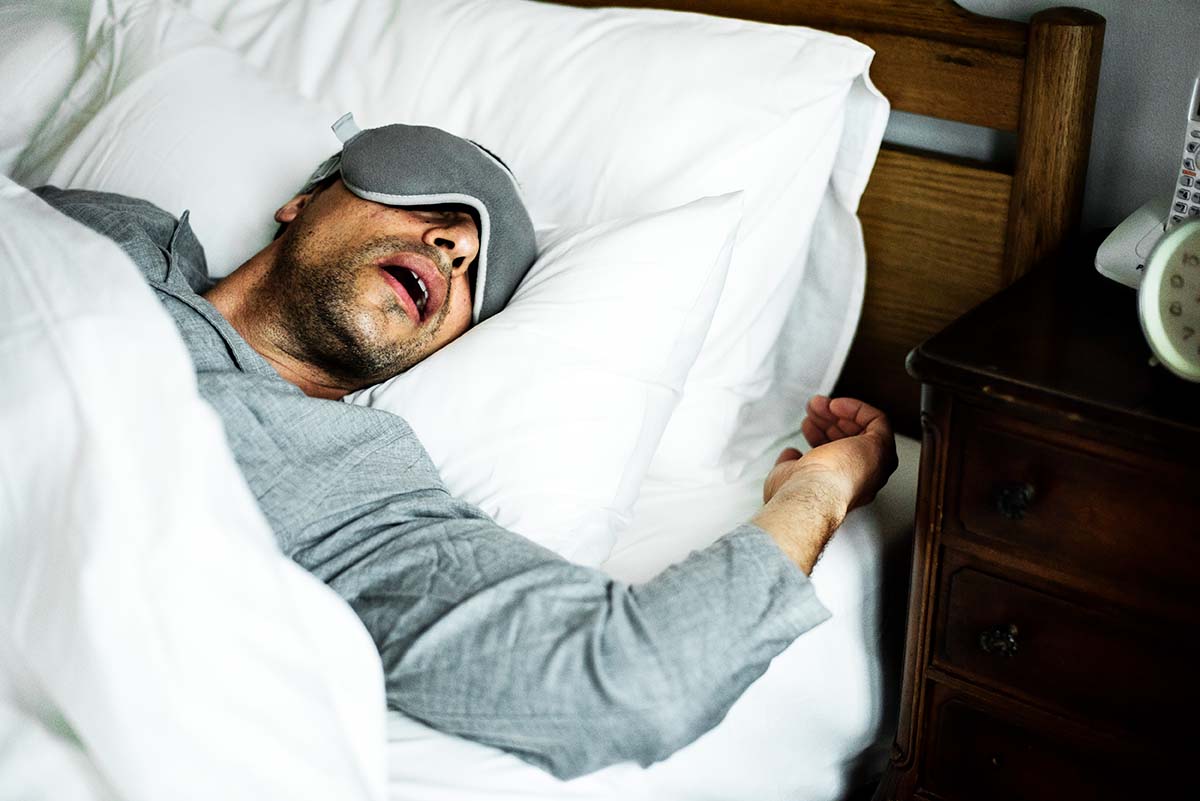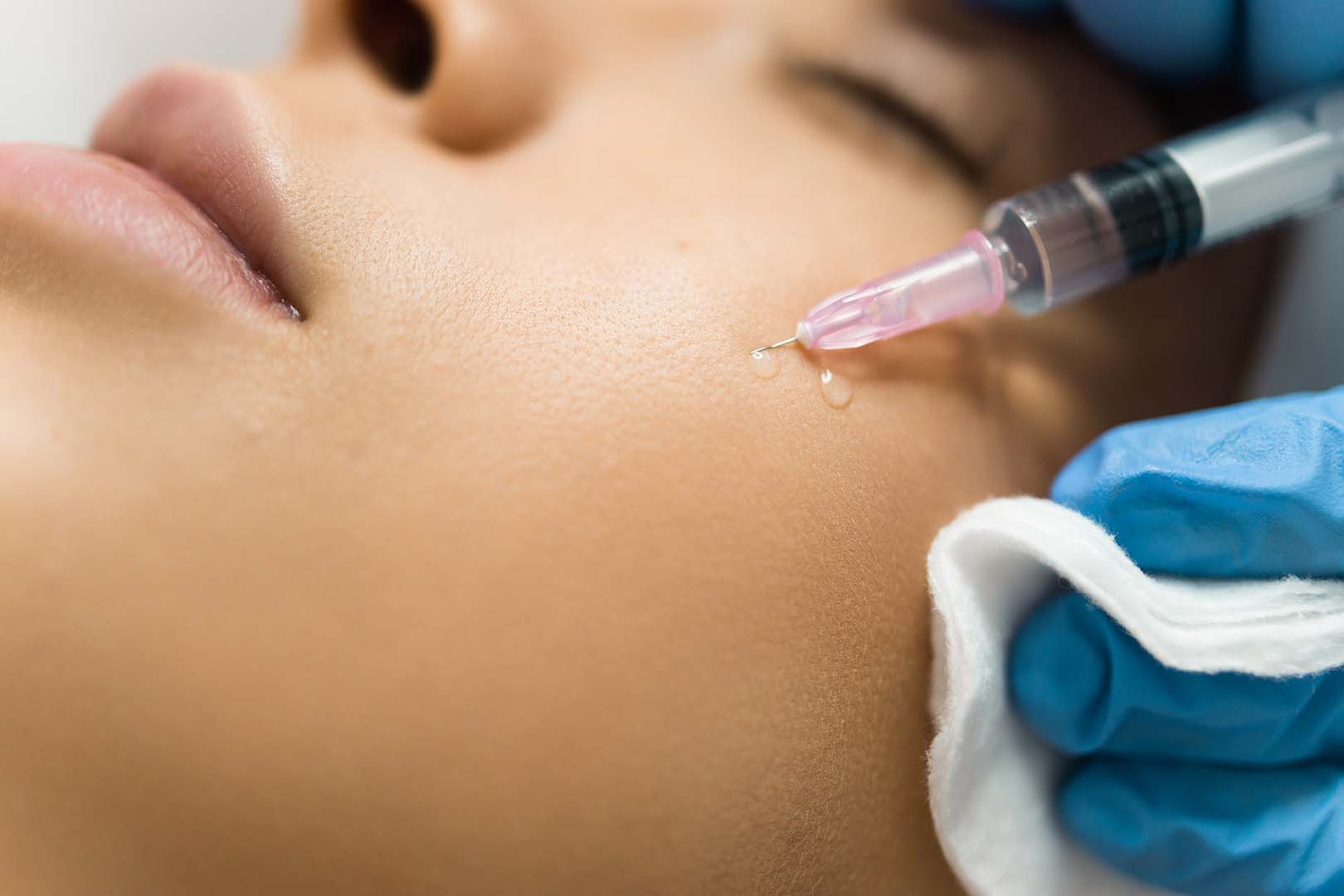I. Introduction
A. Importance of oral health and sleep
II. Sleep disorders and their relationship with oral health
A. Sleep apnoea and oral health problems
B. Snoring and impact on oral health
C. Mouth breathing and its consequences
III. Impact of sleep disorders on dental treatments
A. The influence of sleep apnoea on restorative procedures
B. Considerations for patients with respiratory problems during orthodontic treatment
IV. Multidisciplinary approach to oral health and sleep disorders
A. Collaboration between dentists and sleep specialists
B. Integrated therapies to address sleep disorders and oral health issues
V. Conclusion
A. The importance of recognising and treating sleep disorders for long-term oral health
Introdução
Oral health and a good quality of sleep are fundamental to our overall wellbeing. While they may seem unrelated, recent studies have revealed a significant relationship between sleep disorders and oral health problems. In this article, we will explore this connection and discuss how sleep disorders such as sleep apnoea and snoring can impact oral health. We will also address how these disorders can influence dental treatments, as well as highlight the importance of a multidisciplinary approach to treating these conditions for complete and effective care.
Sleep disorders and their relationship with oral health
- Sleep apnoea and oral health problems
Sleep apnoea, a disorder characterised by pauses in breathing during sleep, can have significant consequences on oral health. Decreased oxygen flow during these pauses can lead to dry mouth, contributing to the onset of cavities, gingivitis and bad breath.
- Snoring and impact on oral health
Snoring, a common symptom of sleep apnoea, can also affect oral health. The noise of snoring is associated with vibration of the structures of the mouth and throat, which can lead to dryness of the oral cavity. Lack of saliva can increase the risk of tooth decay and gum disease.
- Mouth breathing and its consequences
Mouth breathing, whether caused by breathing problems or airway obstructions, can also impact oral health. Breathing through the mouth can result in dryness, which reduces the natural protection provided by saliva. This can lead to an increase in plaque formation, tooth decay and inflammation of the gums.

Impact of sleep disorders on dental treatments
- The influence of sleep apnoea on restorative procedures
Patients with sleep apnoea may present additional challenges during restorative procedures such as fillings and crowns. Jaw position and breathing difficulty can affect the delivery of these treatments, requiring specific adaptations and considerations to ensure the success of the procedure.
- Considerations for patients with breathing problems during orthodontic treatments
Patients with breathing problems, such as sleep apnoea or airway obstructions, should receive special attention during orthodontic treatments. The use of orthodontic appliances can impact the breathing of these patients, requiring a personalised approach and careful monitoring.
Multidisciplinary approach to oral health and sleep disorders
- Collaboration between dentists and sleep specialists
Collaboration between dentists and sleep specialists is crucial for comprehensive and integrated care. Information sharing and effective communication between these professionals allow for a personalised approach for each patient, taking into account both oral health and sleep disorders.
- Integrated therapies to address sleep disorders and oral health issues
A multidisciplinary approach involving dentists, sleep specialists and other healthcare professionals is essential to simultaneously treat sleep disorders and oral health problems. Integrated therapies, such as the use of personalised oral devices and treatments for sleep apnoea, can improve sleep quality and reduce negative impacts on oral health.
Conclusion
Recognising and treating sleep disorders is key to ensuring good long-term oral health. Sleep apnoea, snoring and mouth breathing can have significant consequences for oral health, increasing the risk of tooth decay, gum disease and other problems. A multidisciplinary approach, involving dentists, sleep specialists and healthcare professionals, allows for complete and effective care, ensuring oral health and the overall well-being of patients.



